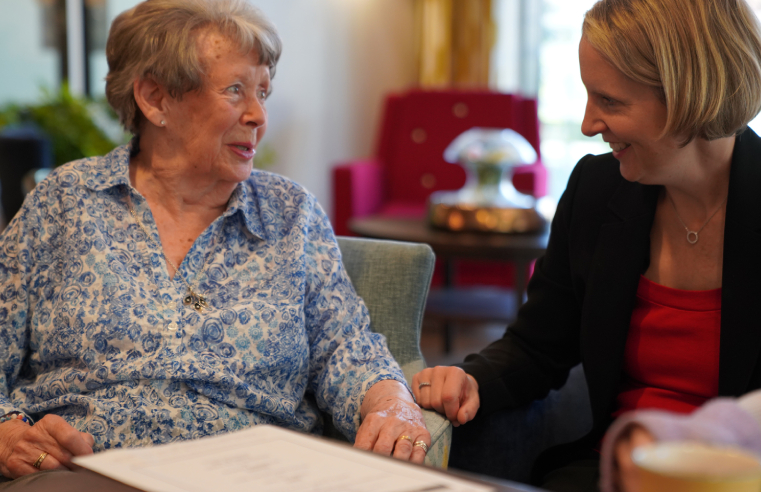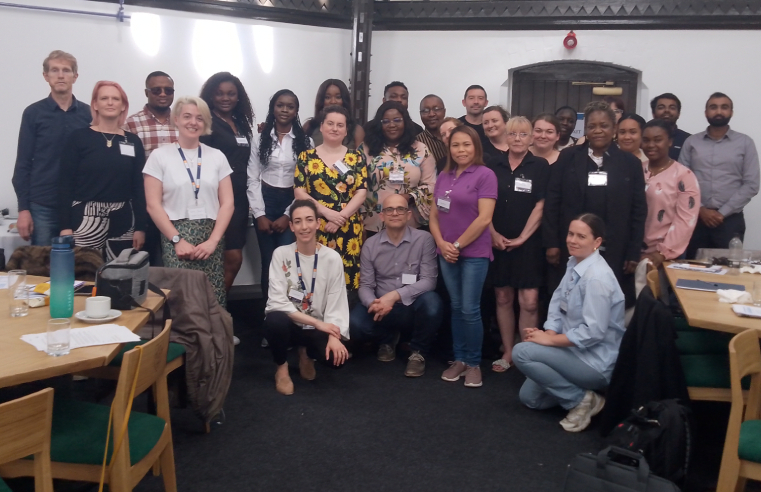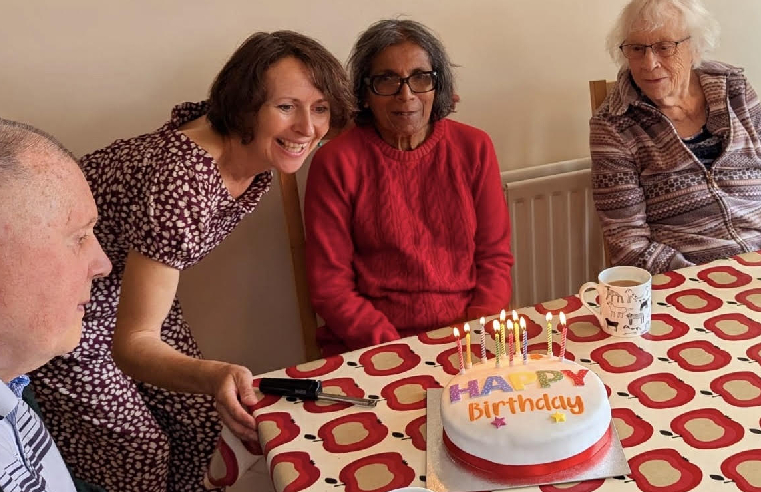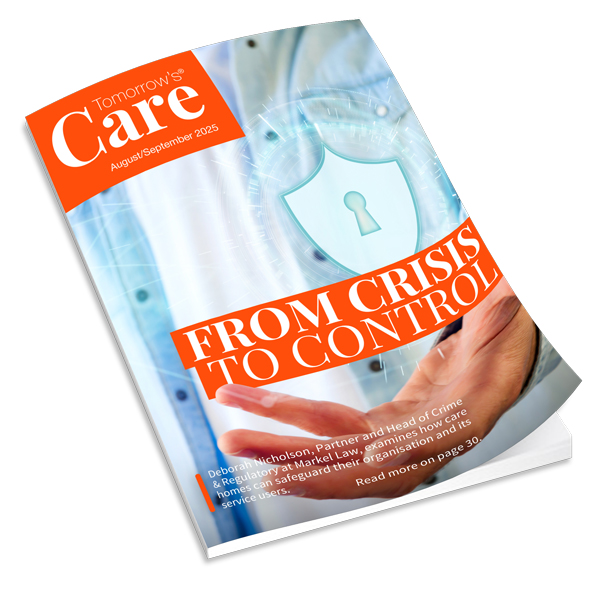Researchers are now conducting further work to identify whether it is possible to train doctors to make better predictions.
Janice Jones, whose father Stephen Flint, died in 2011 from bile duct cancer, explains the impact of uncertainty over how long her father would survive from his condition. She says:
“We weren’t given an accurate timescale, the doctor was very non-committal. While some people would prefer not to know, having an idea of how much time dad had left would have made us feel more in control of the situation. What hurt the most was that the doctor had seen dad just before the evening that he died and hadn’t given us any indication that it would be so soon. Knowing would have allowed us to fill our last days with memories rather than get so bogged down in the routine responsibilities of caring for someone who is dying.”
Professor Bill Noble, Medical Director at Marie Curie, said: “Making an accurate prediction about length of survival is very difficult, even at the very end. While we may be able to improve the accuracy of predictions, these will ultimately always be expressed in terms of risk of death within a particular time frame. No two people are the same – every illness carries a variety of different possible outcomes depending on the individual and the treatment they are receiving.
“Recognising that someone is likely to die from their illness means that we can provide the most appropriate care and have the opportunity for open and ongoing conversations with the patient and their family about what to expect. However, pain and other symptoms associated with terminal illnesses require treatment regardless of whether someone lives days, weeks or months. What is important is that clinicians provide the best possible palliative care based on the individual’s need, regardless of how long they expect them to survive.”


























